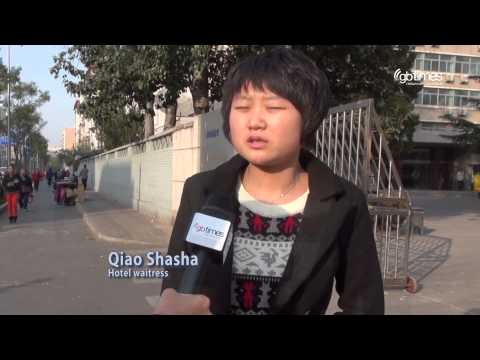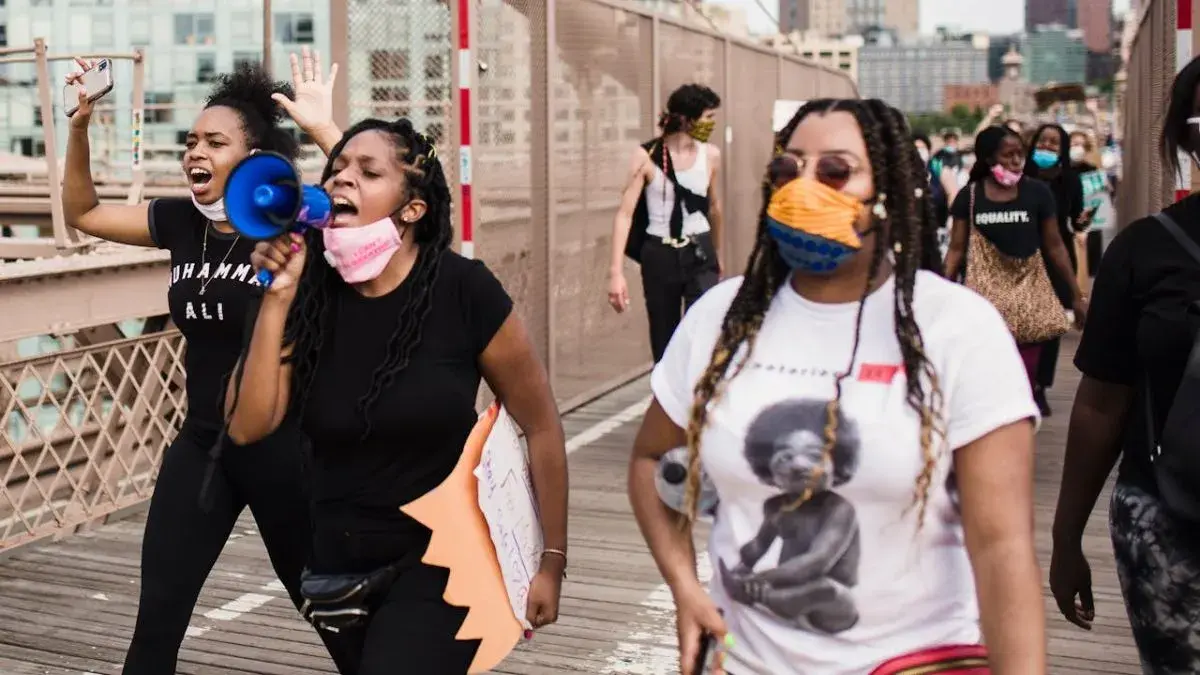Traveling to China requires you to prepare for a different experience than what you may be used to. Whether it’s your first time or you already traveled there a few times, knowing more about the local customs, infrastructure and hacks will take your experience to the next level.
1Visa Requirements and Entry Rules

Get the visa thing right before you travel to China. A visa will be required by most tourist to China and this is possible through a Chinese embassy or consulate in your home nation. So, you must be prepared to disclose things such as your travel plans, where you will be staying, and your return flight details. In some cases, like Hong Kong and Macau, different visa regulations could be applied which permit a short visit without a visa.
2The Language Barrier
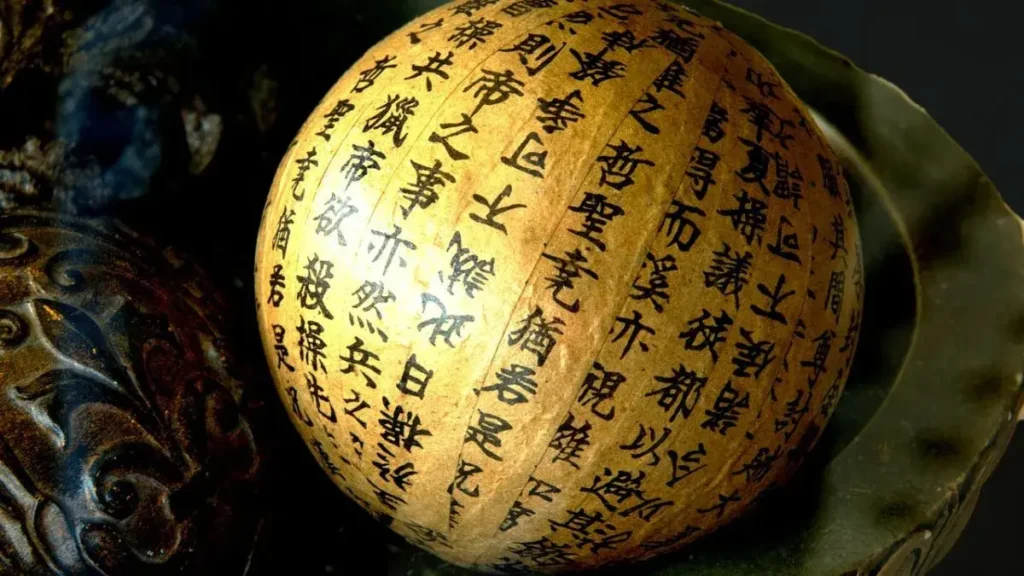
Though its official language is Mandarin, very few people speak English — outside of Beijing and Shanghai, maybe. Highly encouraging to download a translation essential or study some simple Mandarin key phrases for ease of interacting. This is especially useful in rural areas and when taking public transport.
3Cashless Society
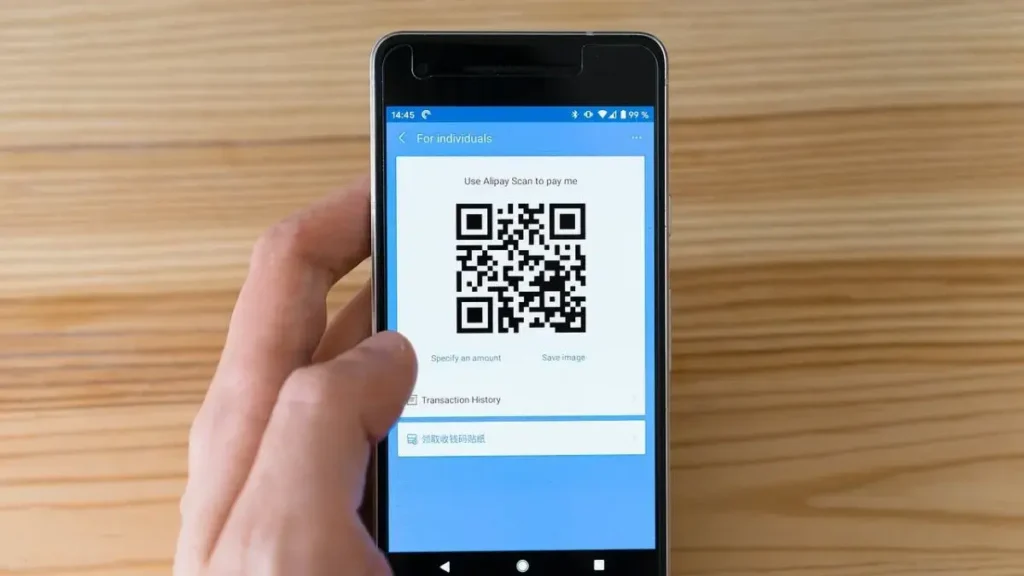
China is quickly becoming a cashless society, with payment apps like WeChat Pay and Alipay as the main means of paying (and receiving) money. From street food vendors to high-end restaurants, these apps are used in every place of business. It is advisable to have a little Chinese yuan (RMB) against time, because foreign credit cards cannot be used everywhere, especially in some small towns.
4China’s Ghost Cities
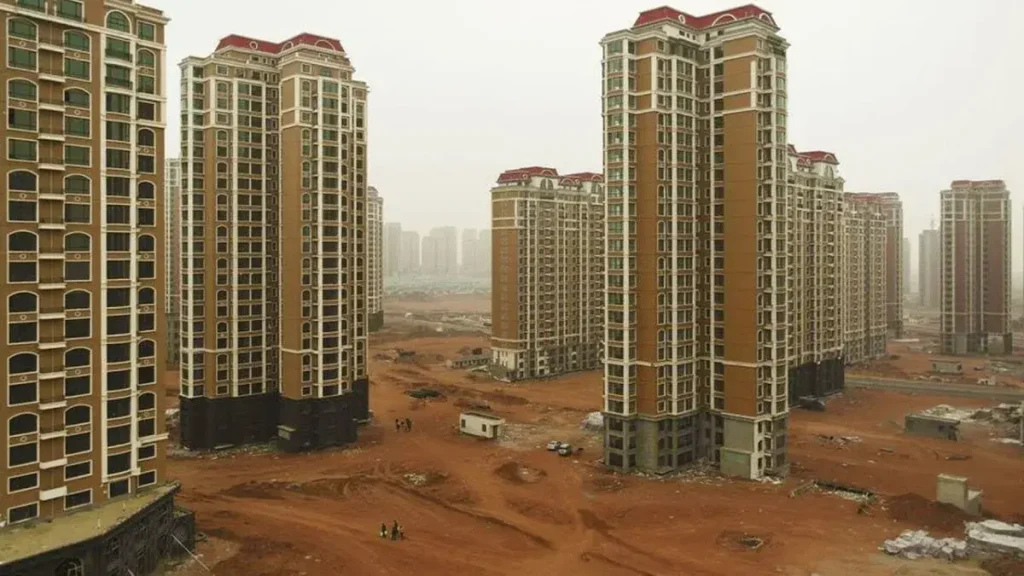
There are many “ghost city” in China, sprawling new metropolises with skyscrapers and infrastructure but few people. Those cities — Ordos, in Inner Mongolia, was one — were part of a government plan to urbanize the nation. Most of them have remained empty but few are gradually becoming occupied. These areas provide a surreal glimpse of contemporary architecture and unnervingly quiet streets.
5Green Hat Cultural Taboo
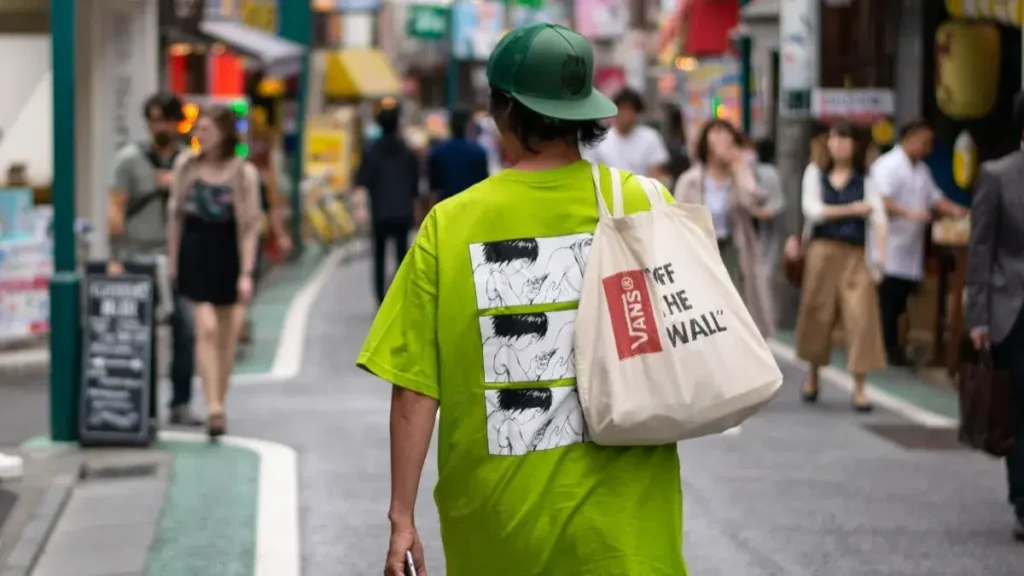
In Chinese culture, if you wear a green hat or someone else wears one, it means that are having an affair. It comes from a saying that ‘a man with a green hat has an unfaithful wife’. As a result, you will hardly see anyone put on green hats in China, while it is popular elsewhere in the world.
6The Hidden Art of Spitting
Spitting in public is a rude act in many cultures but it is quite common in China. That said, during the 2008 Beijing Olympics the government tried to stamp down such behaviour so as not to present a dirty image to visitors. Nonetheless, it is considered a way of detoxifying the body mainly in older generation which means you may come across it during your trips so do not be surprised.
7Public transport: High Speed Trains instead of flights
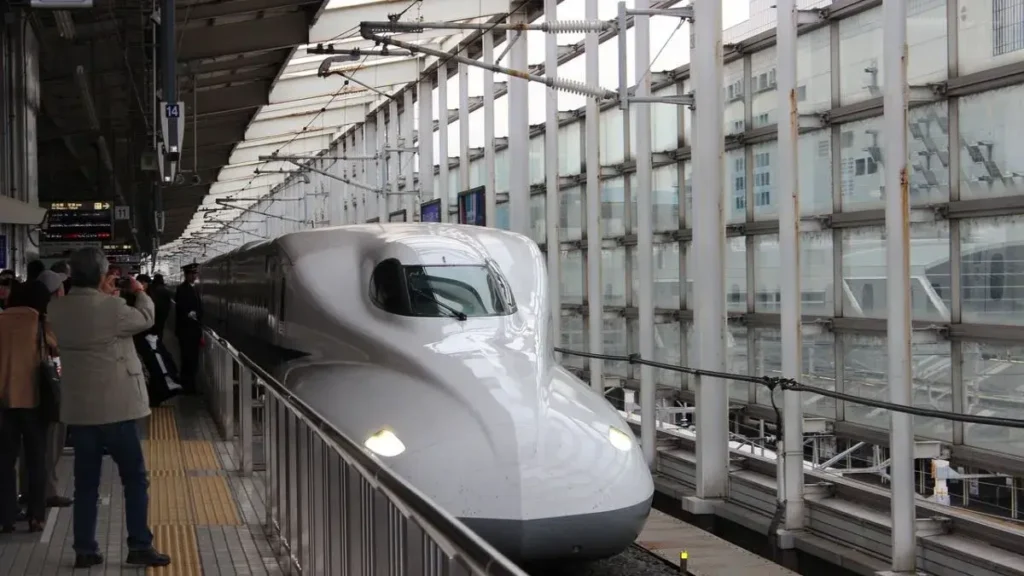
One of the greatest national high-speed rail networks is in China. When it comes to traveling within a country between major cities, trains are many times more convenient because there are typically less security and all train stations tend to be located in the center of towns compared with airports that squirreled away on the outskirts. Trains Fast, on Time and nice views of the countryside.
8Cultural practices and language
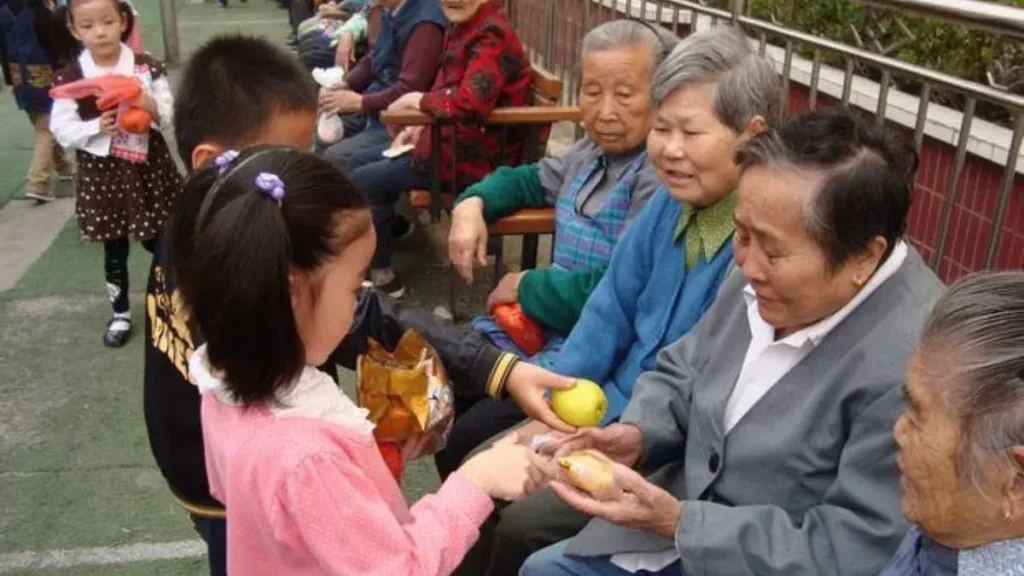
If you know a little about Chinese customs, it can help promote or eliminate a lot of mistakes. One of the most common experiences is that locals will just stare at foreigners, particularly in places where we are a rare sight. For example, public displays of affection basically do not exist, and tipping is frowned upon in most areas of mainland China. Do not touch peoples head, always call your elder with respect and avoid sticking chopsticks upright into a bowl of rice as it is seen as setting up a ritual offering for the dead.
9Use of VPN as a consequence of limiting access to Internet
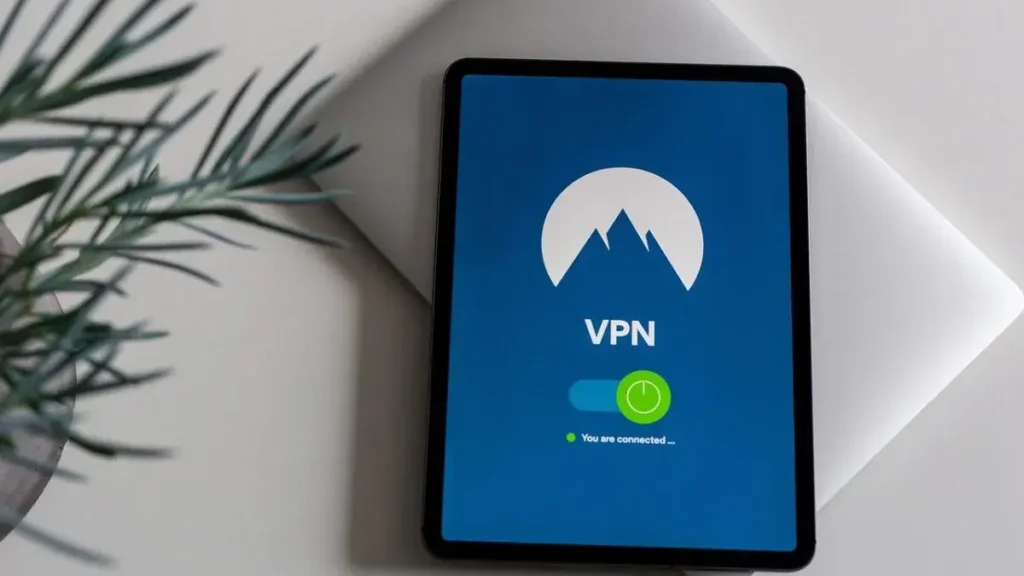
With internet censorship rife in China, famous sites remain blocked, including Google, Facebook and Instagram as well as Youtube. But, if you depend on these platforms, think about getting an excellent VPN in advance of your trip. While a VPN will enable you to gain access to blocked websites, be warned that not all VPNs are capable in China because of the frequent internet use crackdowns by authorities.
10Chopsticks Superstition
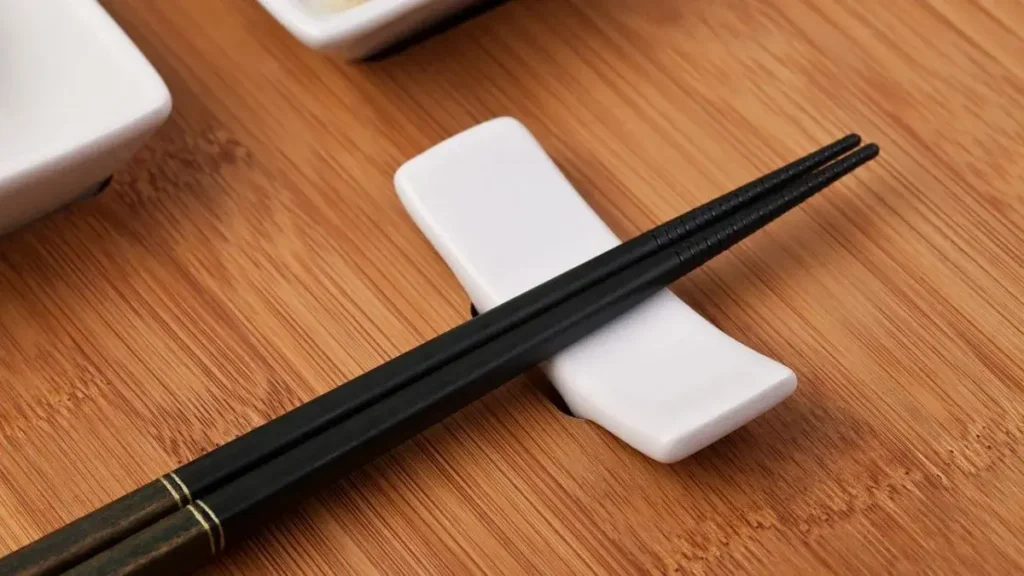
In addition to the common one about not putting your chopsticks upright in a bowl of rice, there’s another superstition related to them: crossing your chopsticks is bad, too. Its frowned upon and associated with funerals. When setting down your chopsticks, make sure they are parallel to prevent any accidental disrespect.
11Tiananmen Square WiFi Anomaly
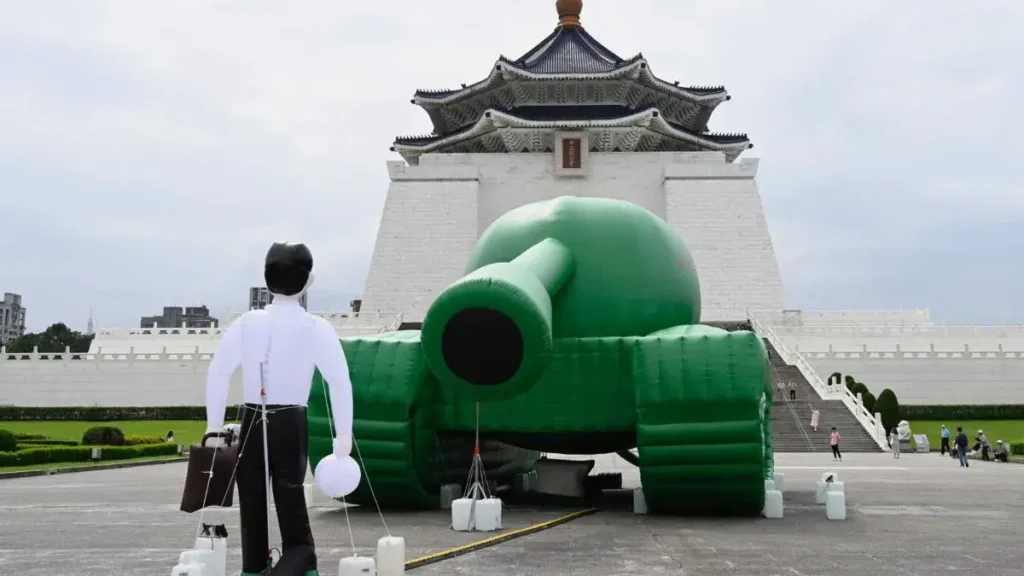
Although WiFi is very common in China, there are certain places – such as Tiananmen Square – where the internet has essentially been turned off for security reasons. In areas where politics is especially sensitive, even a VPN may not be enough to restore connectivity. Such is the case with the government tightly regulating any information and access to places where they cannot keep their thumb on the scale.
12Tapping Fingers for Tea
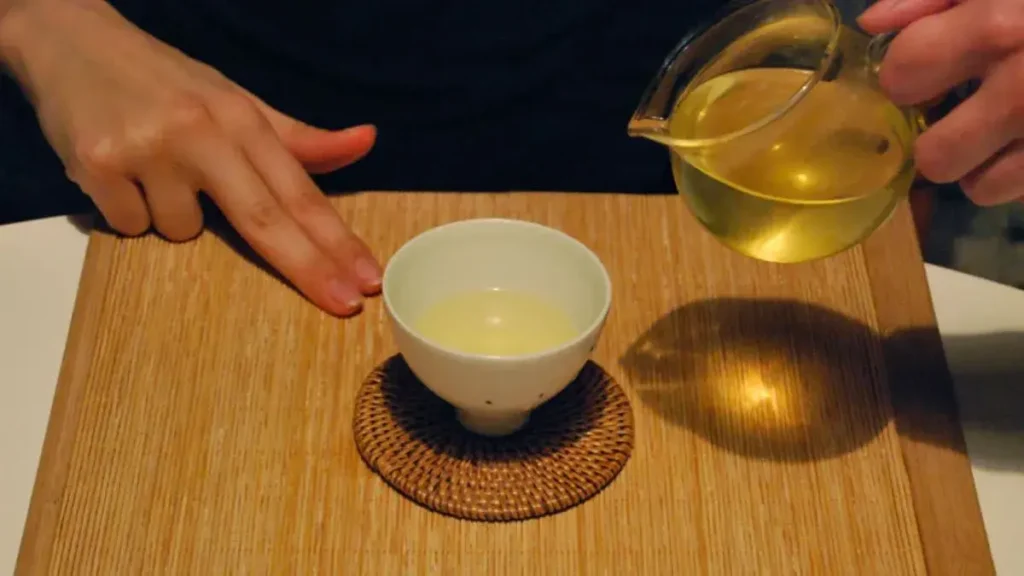
If someone poured tea for you, the thing to do in return is tap your fingers on the table. That practice came from a legend about Emperor Qianlong, whose servants would express their gratitude with one fist against the other in order to not disclose their identities. This is a silent way to say, thank you.
13Many public bathrooms have non-Western toilets
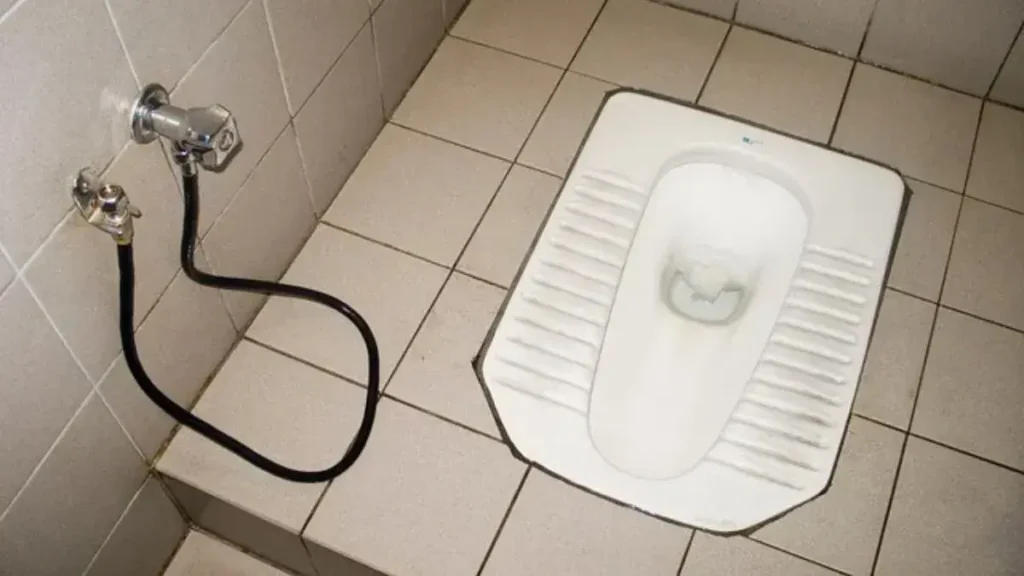
In other countries, including China, non-Western toilets are common and so public restrooms may not have Western-style toilets. Most public restrooms lack toilet paper or soap, so bring your own supplies (bring a pack of tissues or wet wipes). Also, squat toilets are the most common type of toilet. This may be one of the more difficult things about traveling for some people.
14Air Quality is worst in Major Cities
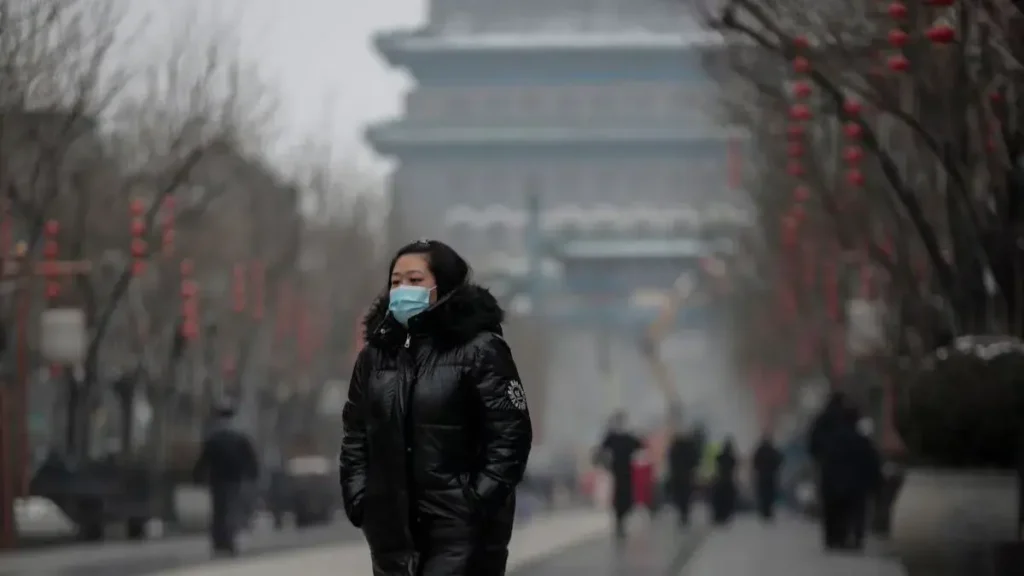
Air quality in Beijing, and other bigger cities in China, can be an issue. Be sure to check the air quality indexes (aqi) from time to time and mask up on highly polluted days. The N95 rating is a better mask, so it might be worth looking into.
15Be Ready to Haggle
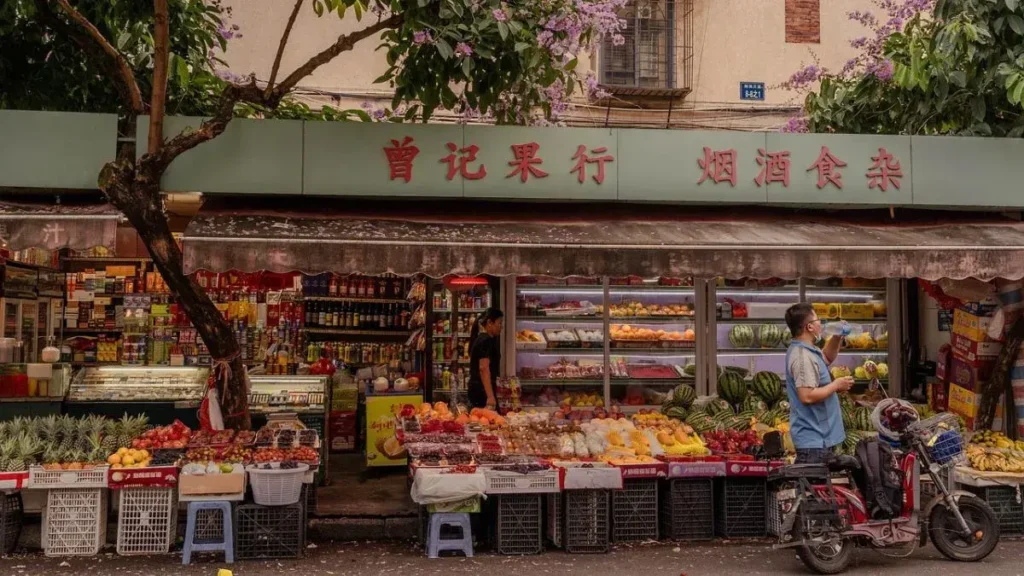
Markets across China shopping culture includes bargaining High-end shops have set prices, but you can haggle at street traders and mom-and-pop stores. Offer about 50 percent of the asking price and leave if a good deal is not reached.
16The Secret of Baijiu Drinking
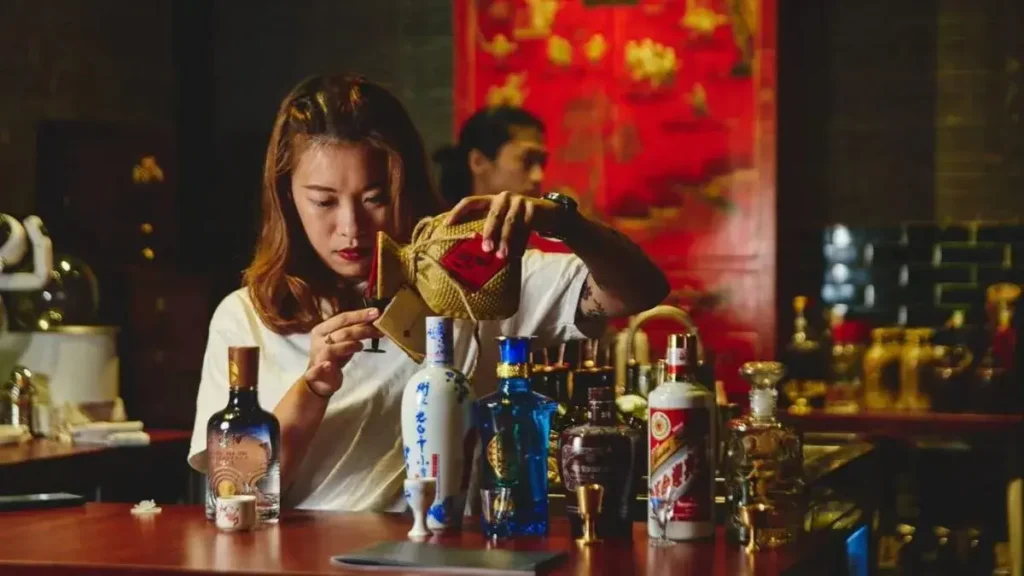
A Chinese liquor specialty, baijiu is often drank during celebrations and meetings. The less well-known secret is that if someone makes a toast to you, the unwritten rule is that you have to finish your glass. Failing to do so would be impolite. Also, to show respect, when you have a toast together with older (or higher social class) person, always put your glass lower than them.
17Internal Migration and policy of Hukou
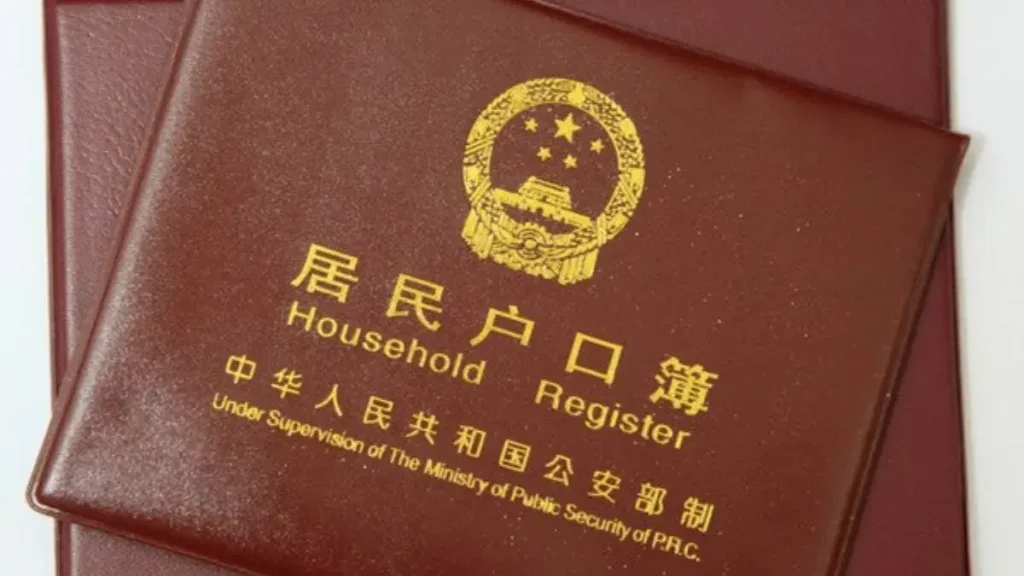
The hukou system is a household registration policy used in China to regulate internal population distribution and migration between rural and urban areas. Basically, it is the same as an internal passport. Without an urban hukou, migrant workers are largely barred from public services such as healthcare and education in cities. Just one more instance of an overarching social system that tourists typically overlook.
18Zhangjiajie Glass Bridge
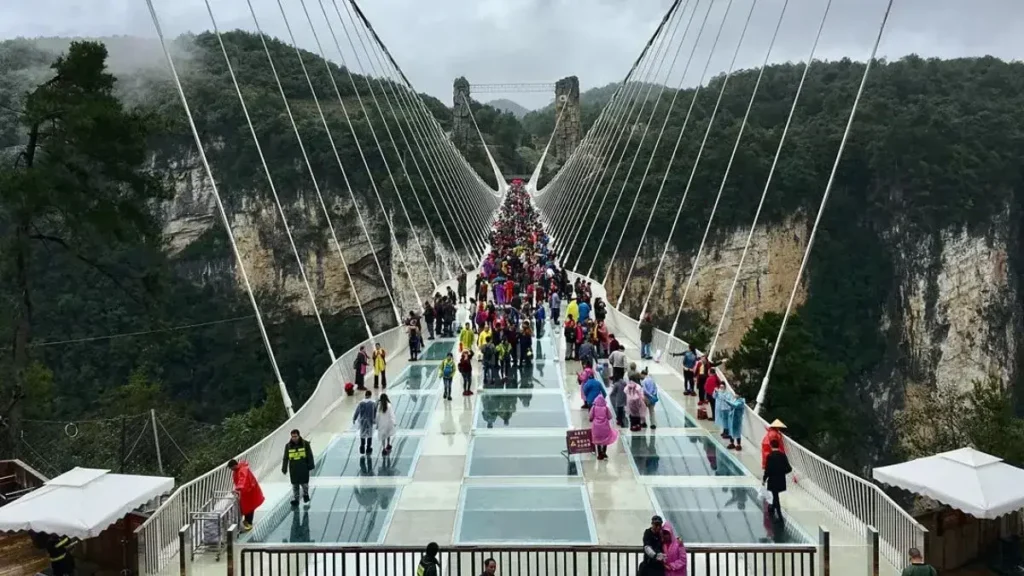
While a huge number of tourists visit places like the Great Wall or the Terracotta Warriors, lesser-known Zhangjiajie Glass Bridge located in Hunan province will blow you away. It is the longest and tallest glass-bottom bridge on earth, giving visitors unique views of the canyon below. It’s just as beautiful as other more famous landmarks, but less crowded.

